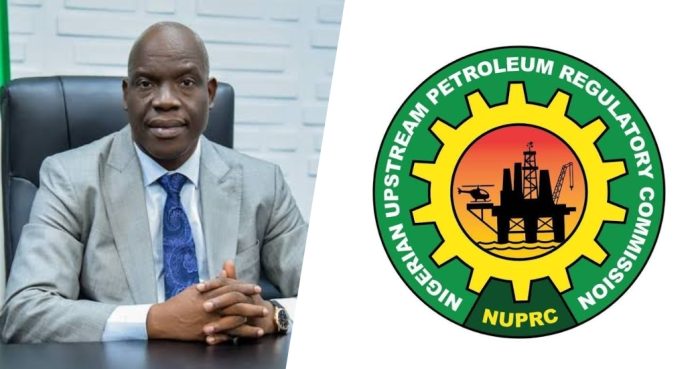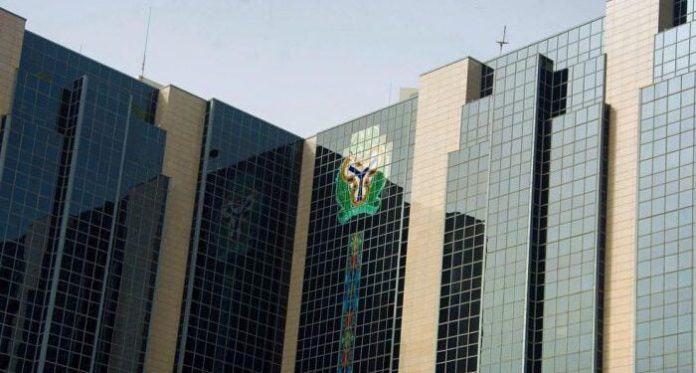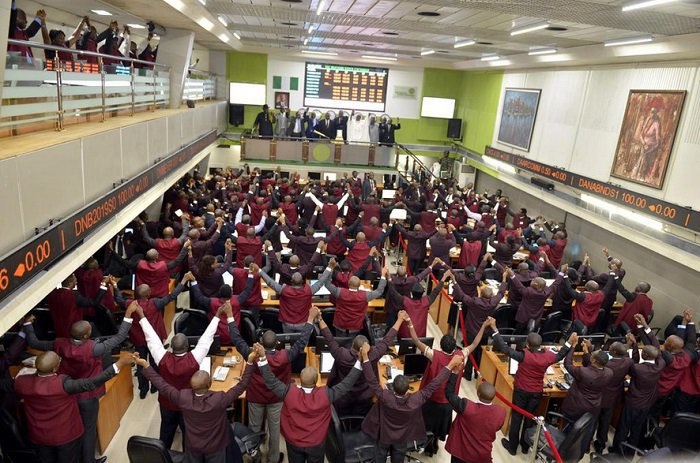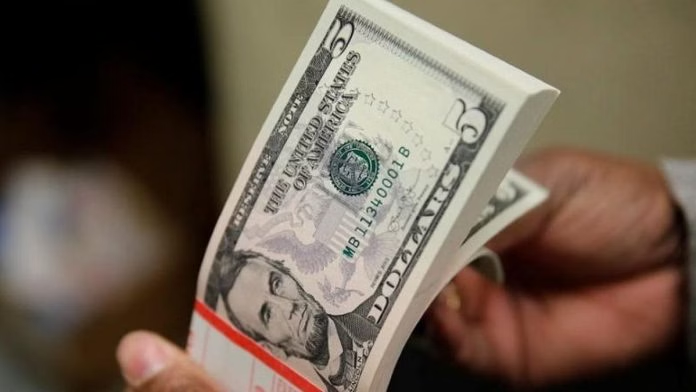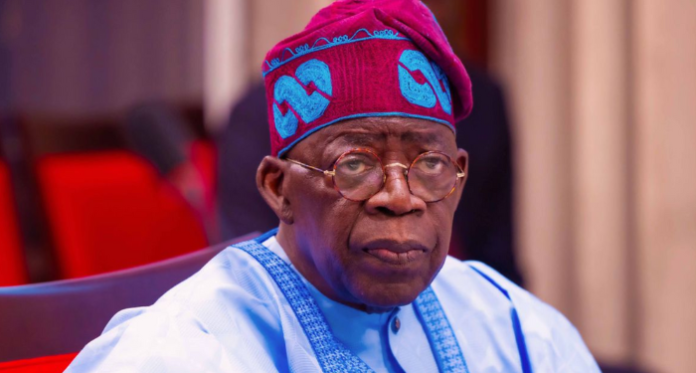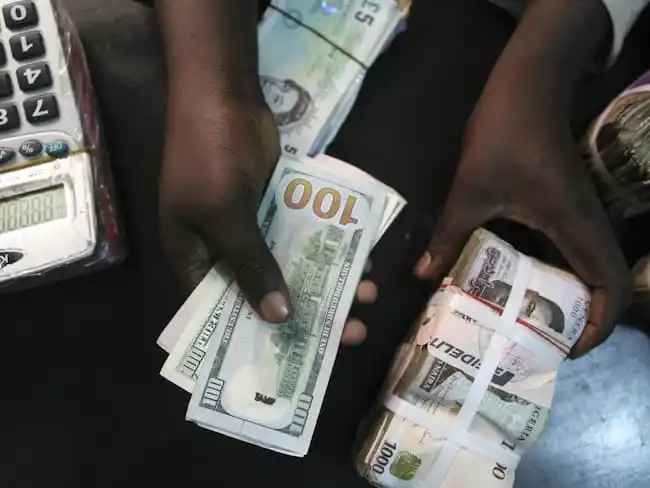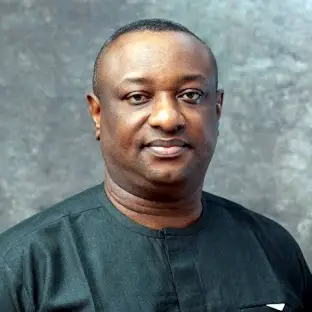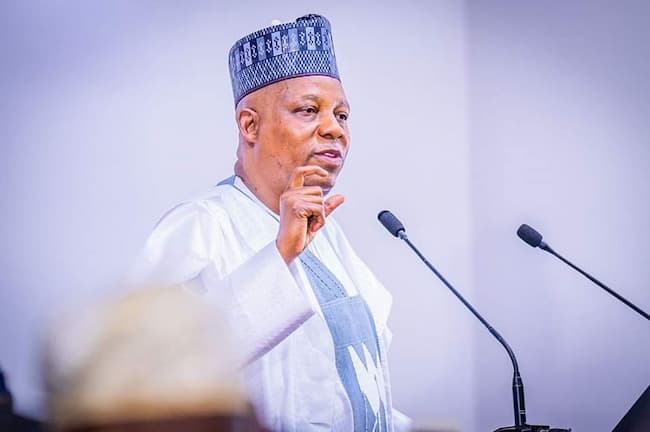President Bola Ahmed Tinubu has nominated former Chief of Defence Staff, General Christopher Musa (rtd.), as Nigeria’s new Minister of Defence.
The nomination was communicated in a letter to Senate President Godswill Akpabio on Tuesday, following the resignation of the former minister, Alhaji Mohammed Badaru, on Monday due to health-related reasons.
In the letter, President Tinubu expressed strong confidence in General Musa’s experience and capacity to strengthen the nation’s defence architecture.
The development was further confirmed in a statement issued by the President’s Special Adviser on Information and Strategy, Bayo Onanuga.
According to the statement, General Musa, who turns 58 on 25 December, had an illustrious career in the Nigerian Armed Forces and served as Chief of Defence Staff from 2023 until October 2025. He is also a recipient of the prestigious Colin Powell Award for Soldiering, which he received in 2012.
Born in Sokoto in 1967, Musa had his primary and secondary education in the state before proceeding to the College of Advanced Studies, Zaria. He graduated in 1986 and immediately enrolled at the Nigerian Defence Academy, where he earned a Bachelor of Science degree in 1991.
Upon commissioning as a Second Lieutenant in 1991, Musa served in various command, operational and staff roles across the Nigerian Army. His appointments include:
General Staff Officer 1, Training/Operations, Headquarters 81 Division
Commanding Officer, 73 Battalion
Assistant Director, Operational Requirements, Department of Army Policy and Plans
Infantry Representative/Member, Training Team, Headquarters Nigerian Army Armour Corps
In 2019, he held key operational roles including Deputy Chief of Staff (Training/Operations), Headquarters Infantry Centre and Corps; Commander, Sector 3 of Operation Lafiya Dole; and Commander, Sector 3 of the Multinational Joint Task Force in the Lake Chad region.
By 2021, Musa had risen to become Theatre Commander, Operation Hadin Kai, before later being appointed Commander, Nigerian Army Infantry Corps.
He was subsequently appointed Chief of Defence Staff by President Tinubu in 2023.












